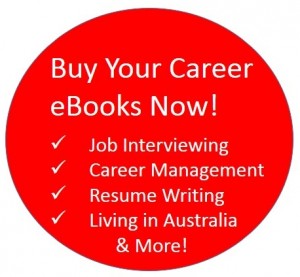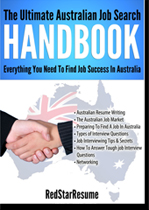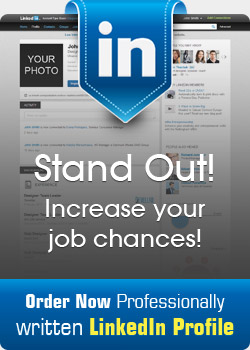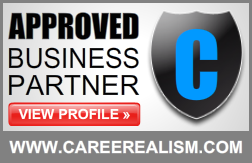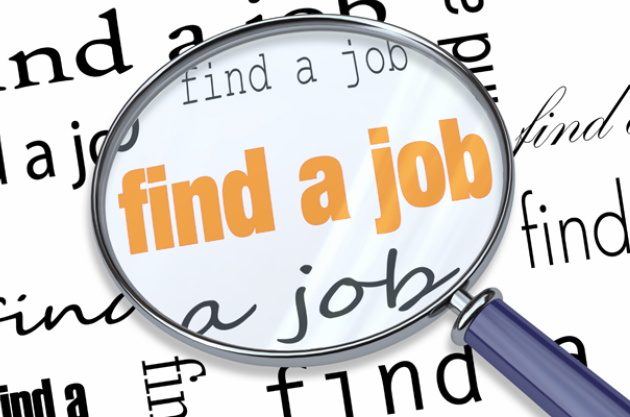 We’ve all heard the phrase “actions speak louder than words.” Well when it comes to resumes, “numbers speak louder than words.” When you start changing your resume to be achievement based rather than duty based, a great thing to focus on is quantifiable experience. Wherever possible, try to use numbers in order to make your resume shine.
We’ve all heard the phrase “actions speak louder than words.” Well when it comes to resumes, “numbers speak louder than words.” When you start changing your resume to be achievement based rather than duty based, a great thing to focus on is quantifiable experience. Wherever possible, try to use numbers in order to make your resume shine.
When adding quantifiable experience to your expert resume, always ask yourself “How Many?” or “How Much?” for each of the tasks you performed. Obviously you might not be able to do this for every job function but approaching your resume writing this way will help you to develop a strong, quantifiable document. You can do this by including:
Hard Numbers:
It’s always best to first think about the number of reports, files, clients, etc that you dealt with in previous jobs. Numbers almost always sound more impressive than generic statements of tasks you performed. If, for example, you worked at a restaurant as a waiter and were a shift leader, you could say it in 2 different ways:
“Waited on tables in a high-paced restaurant environment and supervised fellow waiters”
OR
“Waited on over 50 customers per night in a high-paced restaurant environment and supervised 10 waiters per shift”
The first example tells you, while the second shows you through numbers. Which example sounds more like someone you’d want to hire?
Percentages:
Using percentages can be a great way to highlight your achievements and demonstrate your success in previous positions. Percentages can also be helpful when the numbers themselves don’t sound that impressive but compared to what they previously were, they are. For example, if you were in charge of social media at your previous company and increased followers from 300 to 1000, you could either say:
“Increased social media followers by 700”
OR
“Increased social media followers by over 300%”
Both are achievement statements but percentages can sometimes sound more impressive than hard numbers or give context to your numbers if employers might not be familiar with examples.
Frequency:
You may not realize it but ordinary tasks can sound completely different when you put them into context. Maybe you performed some mediocre tasks in previous positions but at high-volume rates. If you worked at a call-center, for example, answering calls and responding to customer complaints, you could either say:
“Answered incoming calls and responded to customer complaints”
OR
“Managed incoming calls and responded to over 200 customer complaints per day.”
The second sounds much more impressive.
We don’t always realize the achievements we’ve made in our past work experience. Thinking about numbers can help put these achievements into perspective and demonstrate our professional success to employers.
© RedStarResume Publications – http://www.bestresponseresume.com/
Check out our brand new Australian website at: http://www.bestresponseresume.com.au/
#1 for Australian Resume Writing





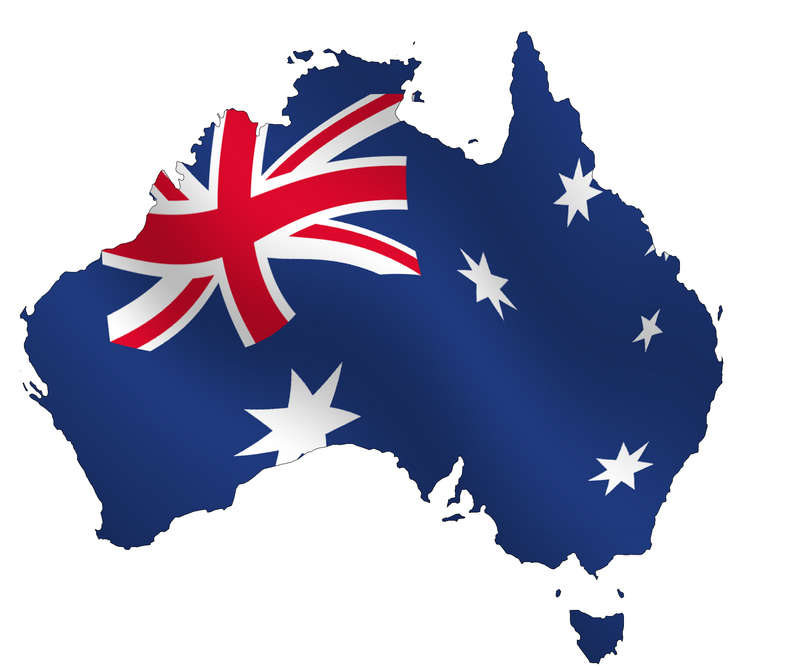



 The answer is simple. Just as every resume and cover letter you write needs to be targeted and focused toward the company you are applying for, the same concept is applied toward the job market you are applying for. Different countries expect and require certain information to be present on resumes, and therefore it is critical that your new resume meets the unique requirements of that country.
The answer is simple. Just as every resume and cover letter you write needs to be targeted and focused toward the company you are applying for, the same concept is applied toward the job market you are applying for. Different countries expect and require certain information to be present on resumes, and therefore it is critical that your new resume meets the unique requirements of that country. In today’s society the terms “CV” and “resume” are often used interchangeably. Take note, however, if you are applying for a job in the USA, as there are major differences between a “resume” and a “CV”.
In today’s society the terms “CV” and “resume” are often used interchangeably. Take note, however, if you are applying for a job in the USA, as there are major differences between a “resume” and a “CV”.





